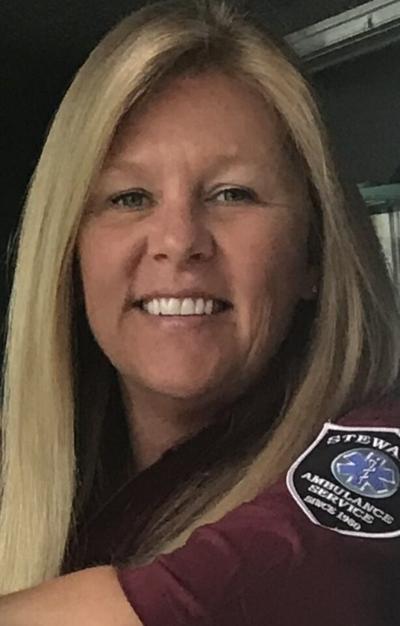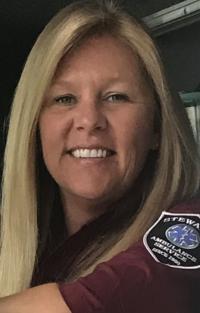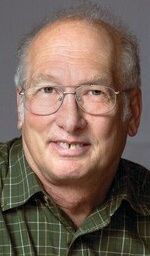ALL EYES were on New Hampshire’s pivotal role in the Republican presidential primary last month. Outside of the political arena, everyday organizations can change their leadership model well before November to have an immediate positive impact on their workforce.
Similar to how many feel about politics, it’s one thing to claim to believe something and it’s another thing entirely to do it.
“Our employees are our most valuable asset” is a familiar mantra in the professional world, but businesses in every industry need to act on those words. Specifically, New Hampshire businesses should explore alternative organizational models, such as Employee Stock Ownership Plans (ESOPs) to show their commitment to their workforce.
Nationwide, employee satisfaction reached its lowest point since 2020 late last year — dropping 9% from January to June 2023. ESOPs and other worker-ownership models address this by increasing employee satisfaction and engagement and contributing to a positive workplace culture that leads to sustained organizational success. In fact, employees who participate in ESOPs feel a stronger sense of inclusion, equity, and purpose.
This sense of purpose and recognition of employees’ contributions can make an impact in every industry but is perhaps especially important in critical sectors such as emergency and first responders.
The emergency medical services (EMS) profession has changed in recent decades. More employees are working in nontraditional roles, such as urgent care or standalone facilities, still committed to building their careers around saving lives in their community. But most have not been able to reap the benefits and security that this commitment warrants. EMS has historically been one of the lowest paid and most overlooked sectors of the healthcare system, despite its essential role in public health and safety. In 2021, the median annual salary earned by all EMS workers was $36,690.
Stewart’s Ambulance Service recognized this gap in the healthcare system, which is why we recently transitioned to an ESOP model ourselves. Our staff is truly the backbone of our organization and this transition both rewards them and encourages them to continue to be loyal and committed to Stewart’s Ambulance Service — and the public that we serve.
This move is especially important on the heels of a trying several years in the healthcare industry and EMT applications down 13% since 2019.
The trend can be attributed in part to other first responder roles routinely offering better benefits and more security than EMS. Firefighters and police officers have very well-developed and clear retirement structures as well as job security and growth opportunities during the duration of their careers. For EMS employees, some of the examples of retirement plans range from defined contributions, similar to 401k, to the extreme cases, such as funds initially promised to EMS retirees diverted to other uses and a one-time payment of $240 upon retirement age of 55. The disparity influences many workers to gravitate toward those professions even if they truly love being EMS.
ESOPs provide employees with stock shares and benefits based on their duration of employment and position within the company. However, each ESOP can be tailored to suit an individual business and employee needs. At Stewarts, our ESOP includes a fully-funded plan that accrues throughout a worker’s employment and builds separately from an employee’s 401k, which we still match.
ESOPs directly reward employees when the company performs well, which encourages them to take a deeper vested interest in the success of their colleagues and their company.
Worker-owned organizational structures can help build a strong camaraderie and collaboration in high-intensity positions, boosting overall morale and performance. In an environment where teamwork and cooperation are necessary, dependability from a dedicated team can be a matter of life and death. Currently, employees own 8% of all corporate equity in the United States. As more employees become aware of the benefits of ESOPs, they will only put added pressure on organizations to move in this direction.
Presidential elections, however consequential, have less direct impact on New Hampshire workers than the business model of the company where they spend at least 40 hours a week. But oftentimes, employers don’t know what their options are for employee compensation outside of conventional raises, bonuses, and benefits. That’s why businesses must understand ESOPs and their value to employers and employees alike.
Before we began exploring our options, I didn’t know it was possible to leverage ESOPs to secure our business’ longevity and employees’ well-being. Now, I am proud to know that we are truly offering our “most valuable asset” — our people — a piece of the pie.


















